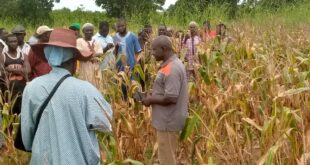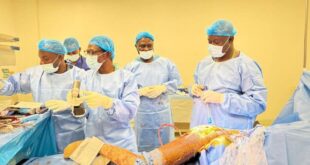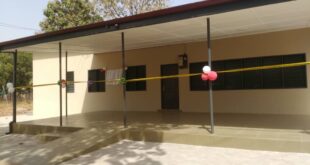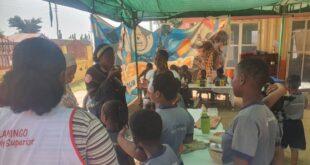Tamale, Ghana – The people of Paga in the Kassena-Nankana East District of the Upper East Region are originally from Kampala in neighbouring Burkina Faso.
Kampala according to oral history is where they trace their ancestral roots to.
The name Paga means “my eyes have settled on this place”.
This historic town is very synonymous with the amphibian crocodile. Paga is one of the few places in Ghana where one can find friendly, harmless crocodiles.
The first crocodile which led the first settler to the water hole in Paga was believed to have come with him from Kampala. Meaning the town of Kampala also has the sacred, friendly crocodiles.
Nave (pronounced Navɛ), a son of Palungu, first discovered Paga.
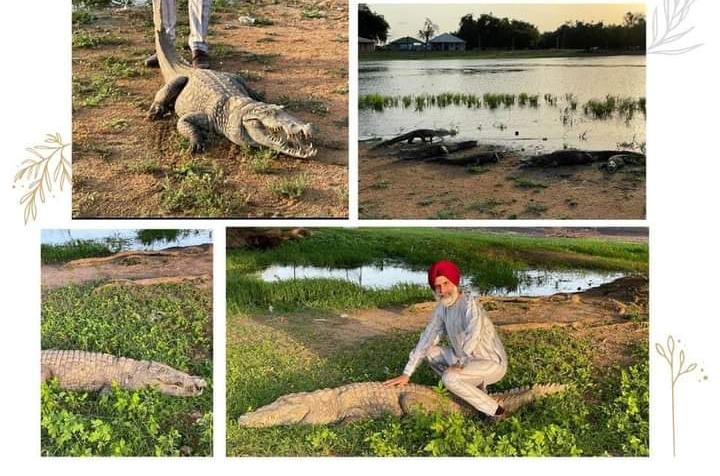
The crocodile is a totem to the Paga people. It is therefore a taboo to harm, kill or eat a crocodile.
While a 1000 people may get killed annually by crocodiles in different parts of the world, Paga is known for it’s unique water pond which hosts over 200 human friendly crocodiles.
Holding a crocodile, petting the crocodile or sitting on top of one, can be life threatening and scary but in Paga it is fun.
The people of Paga are among the most welcoming you can find anywhere.
World class luxury accomodation and international cuisine can be found next door in the regional capital Bolgatanga if you are a visitor or tourist like Amar Deep Singh Hari.
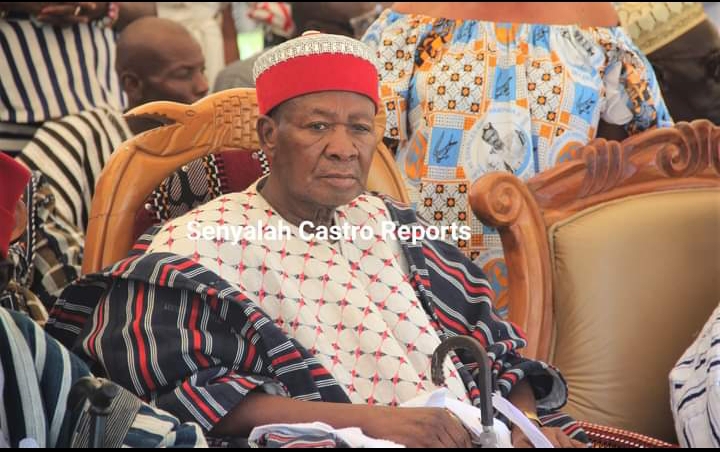
Paga dates back as far as the 17th century.
Pe Nalunga Awiah Awumpaga II is the town’s 10th Chief. He has been chief since 1972; that is 50 years on the Skin (throne).
Contributed by Senyalah Castro, journalist and Amar Deep Singh Hari, tourist.
 Savannah News Online Reporting Only What Matters Most
Savannah News Online Reporting Only What Matters Most
